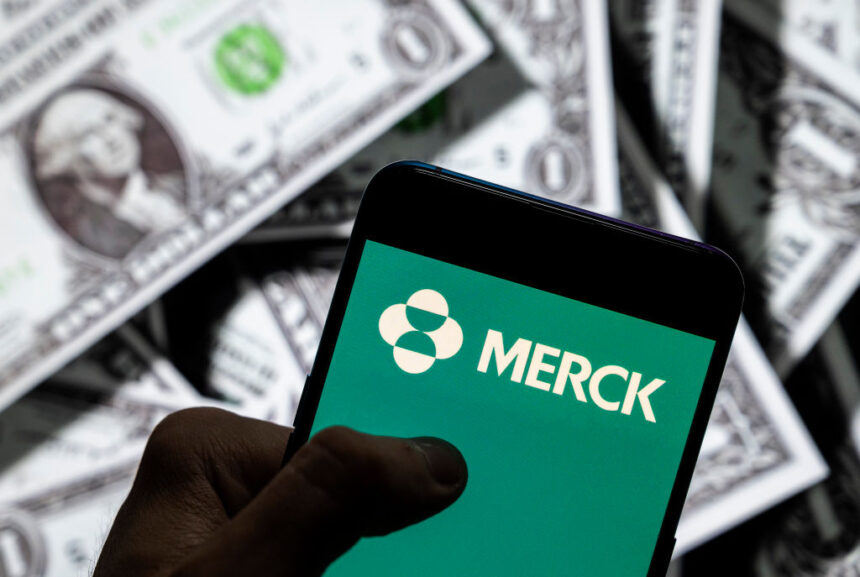Merck will acquire preclinical biotech Caraway Therapeutics in a deal that could be worth up to $610 million, bringing several of its lead drug candidates focused on neurodegenerative and rare diseases into the mix, the pharma giant announced Tuesday.
Caraway has four promising candidates in its pipeline that Merck will now have under its wing, including three preclinical programs — one in non-CNS rare disease, one in Parkinson’s disease related to the GBA gene and a third in Parkinson’s disease as well as in amyotrophic lateral sclerosis (ALS).
Caraway’s fourth program, ATP13A2, is currently in the discovery phase for Parkinson’s disease.
Merck said Caraway’s board of directors has already approved the transaction, which provides Merck with a strong foothold in the neurodegenerative medicines space.
“Caraway’s multidisciplinary approach has yielded important progress in evaluating novel mechanisms of modulation of lysosomal function with potential for the treatment of progressive neurodegenerative diseases,” said George Addona, SVP of discovery, preclinical development and translational medicine at Merck Research Laboratories, in a statement.
The Caraway acquisition is Merck’s second big buyout this year following the completion of its $11 billion acquisition of Prometheus Biosciences.
The deal centered on Prometheus’ lead candidate, MK-7240 — a humanized monoclonal antibody to be used as treatment for immune-mediated diseases, including ulcerative colitis and Crohn’s disease.
Back in April, Merck also signed a $2.55 billion agreement with Proxygen to jointly develop molecular glue degrader therapies.
In October, Merck also spent $5.5 billion upfront to pick up three clinical antibody drug conjugates (ADCs) from Daiichi Sankyo in immuno-oncology. The ADC deal is part of Merck’s larger strategy to extend and expand its Keytruda franchise by adding indications and combinations.
One month prior, the Food and Drug Administration granted Merck priority review for its hypertension treatment sotatercept, following the results from the Phase 3 STELLAR trial, the company announced.
Late last month, Merck also released its latest earnings report, highlighted by worldwide sales totaling $16 billion, marking a 7% year-over-year increase. Even excluding its COVID-19 oral pill Lagevrio, Merck generated sales growth of 6% thanks to Keytruda sales rising 17% to $6.3 billion.
In light of its improved operational performance, Merck raised and narrowed its worldwide sales guidance to a range between $59.7 billion and $60.2 billion. The company also expects sales of Lagevrio to reach $1.3 billion.
However, it hasn’t been all green lights for the pharma company as a drug in development for treating chronic cough failed to win over a panel of advisors to the FDA late last week, making approval unlikely.







